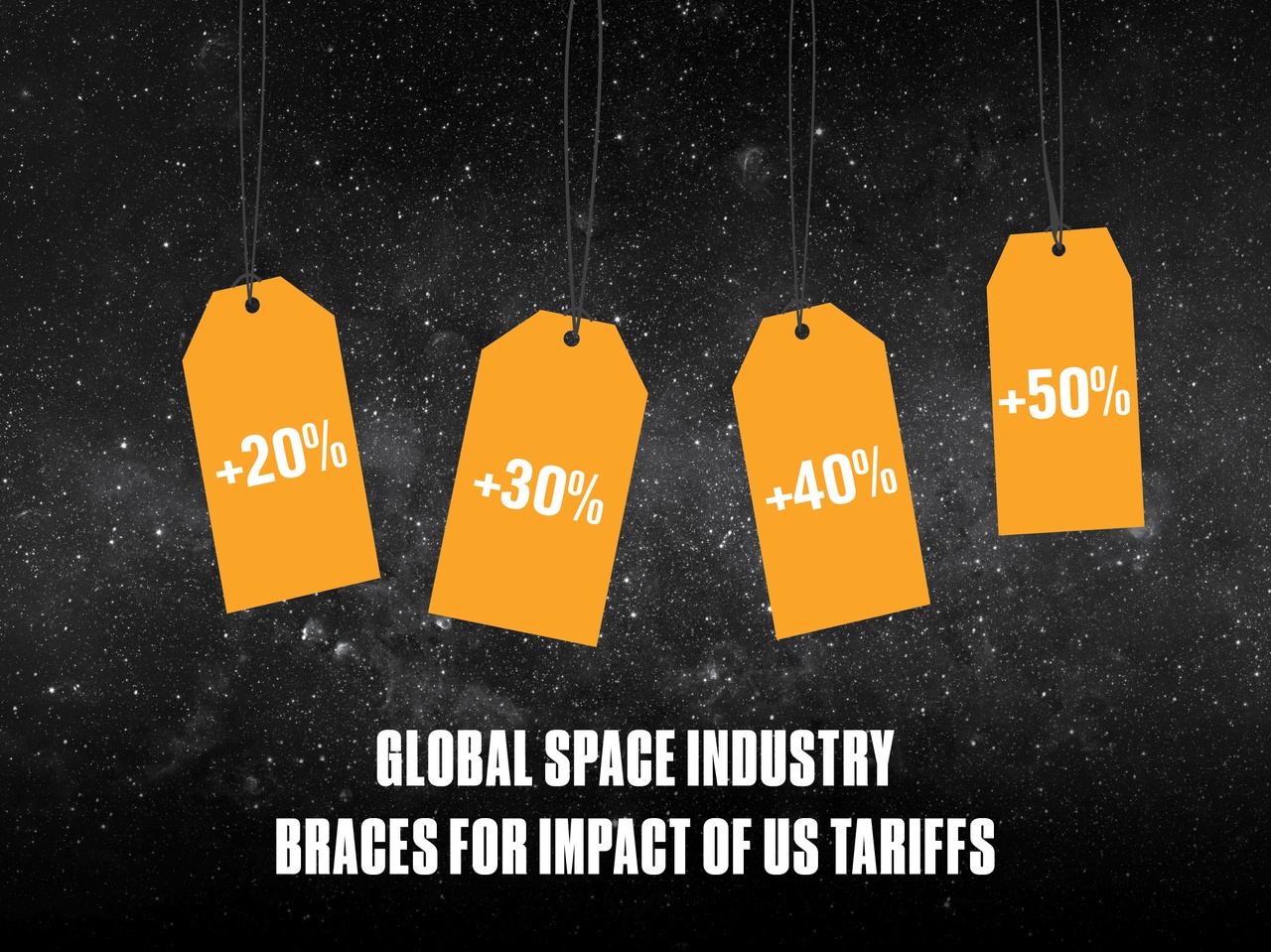
The Space Economy: A New Frontier for Business Growth and Innovation
Companies that adopt space-based technologies will gain a significant competitive advantage. But to realize these benefits, companies must take concrete steps to integrate space into their core strategy.June 11th, 2025The space economy, which for millennia was only a distant dream, is now a present reality. A rapidly expanding sector that uses satellites and space-based technologies, the space economy is poised to transform industries across the board. By 2035, predictions indicate that the space economy is expected to exceed $1.8 trillion, with more than 60,000 satellites in orbit by 2030. This isn't just about rockets and telescopes; it's about using the unique capabilities of space to enhance processes, efficiency and resilience on Earth.
Satellites, once the domain of governments and a few specialized firms, are now a crucial part of the business toolkit – from research to manufacturing to service delivery.
For example, a logistics company can use multiple satellite-enabled capabilities such as electro-optical (EO) imagery combined with weather data and GPS tracking to monitor and predict the travel times of cargo ships. This will make sure shipments arrive on time and reduce the chances of delays. In the energy sector, satellite data can help monitor methane leaks in pipelines, allowing for faster repairs and reduced environmental impact. Even in agriculture, satellite imaging and AI can detect and manage invasive plant species, aiding conservation efforts and protecting ecosystems.
The potential applications are endless, and the benefits are clear: enhanced decision-making, improved operational efficiency and the creation of new revenue streams. But despite widespread recognition of these opportunities, many companies are still in the early stages of integration. Research by Accenture shows that while more than 80 percent of executives see space-based technologies as key drivers of revenue growth and differentiation, only 18 percent have fully integrated these technologies into their daily operations.
Despite the clear benefits, companies are hesitant to integrate space-based technologies. The most common barriers are perceived high costs, a lack of suitably skilled talent and the absence of the right technology infrastructure. These concerns are valid but not insurmountable. To unlock the potential of space-based technologies, companies should focus on three key actions:
To unlock the potential of space-based technologies, companies should focus on three key actions:
1. Adopt a Holistic, Enterprise-Wide Approach
The first step is to break free from the endless cycle of siloed pilot projects. Space-based technology should be a core part of an organization's digital strategy, not just a niche project.
Developing a comprehensive vision involves using data and insights from space-based technologies to inform strategic decisions. By integrating these insights across various functions, companies can make operational improvements that have far-reaching impacts, from supply chain optimization to customer service enhancements. By taking a comprehensive approach, companies can avoid the pitfalls of isolated use cases and ensure that space technology is integrated across all functions.
2. Focus on Developing the Right Talent
Finding and developing the right talent for space-based technologies is a significant challenge. Four out of five companies report difficulty in fulfilling their talent needs for implementing space-based technologies, and nearly half describe the search for suitably skilled talent as very or extremely challenging. But it's not just space-specific know-how that companies need; skills in data management, analytics and AI are equally important.
One effective strategy is to build a talent pipeline by working with educational institutions and training programs. This could not only help equip the workforce with the skills needed to integrate space-based technologies but also foster a culture of continuous learning and innovation. By investing in training and development, companies can create a workforce that is well-prepared to navigate the rapidly evolving space technology landscape.
3. Build an Ecosystem of Partners
The space ecosystem is complex and constantly evolving, with more than 3,000 companies driving the space economy. More than 80 percent of executives believe that partnerships with space-based technology application developers, space agencies and satellite manufacturers are essential for their company's growth.
Partnerships can provide access to cutting-edge technologies and expertise that might be out of reach for a single company.
Consider the art of the possible today: a renewable energy company partners with a space technology firm to develop a cloud platform that ingests highly precise earth surface data from satellites. This platform uses AI and analytics to identify and monitor methane emissions, enabling the company to take actions to reduce its environmental impact and enhance operational resilience. By working together, the company and its partners can achieve outcomes that would be impossible to achieve alone.
The Long-Term Promise of Space
The possibilities offered by space-based technologies are vast and varied. One-third of the world's population still lacks access to timely and accurate information, and space-based technologies can help bridge this gap. In the public sector, for example, satellite imaging and geospatial analysis can provide critical insights for emergency services, enabling them to coordinate immediate responses to natural disasters more efficiently.
Companies that use space-based technologies will gain a significant competitive advantage, enhancing their resilience and opening new revenue streams. But to realize these benefits, companies must take concrete steps to integrate space into their core strategy. By taking a holistic approach, companies can not only tap into the vast potential of the space economy but also position themselves as leaders in their respective industries. VS
John Schmidt leads the Global Aerospace & Defense Practice - Senior Managing Director at Accenture
Paul Thomas is the Managing Director - Global Space Innovation and Energy Innovation Lead at Accenture








